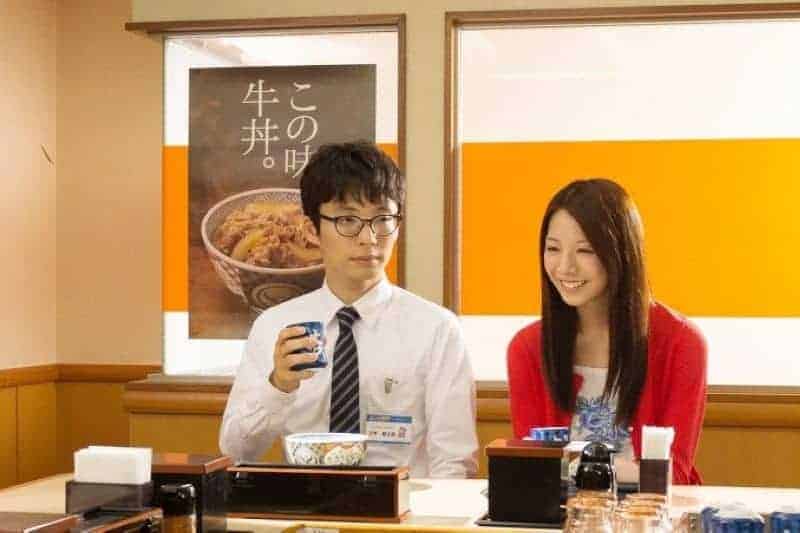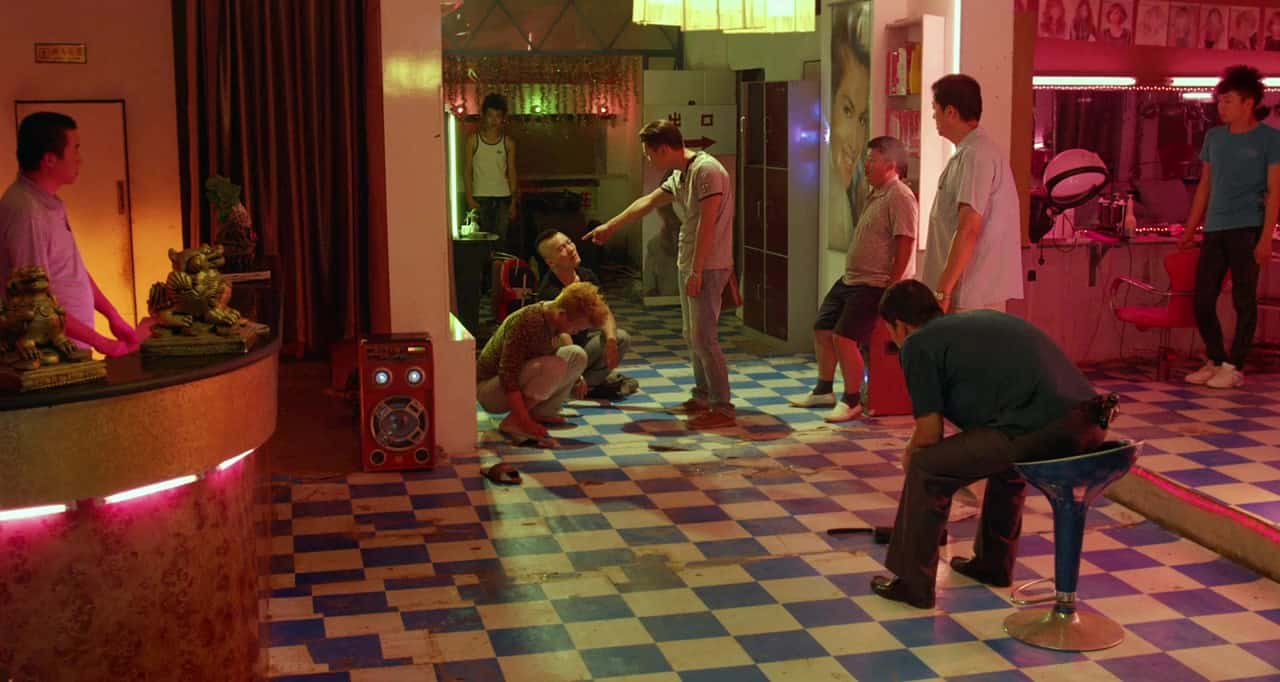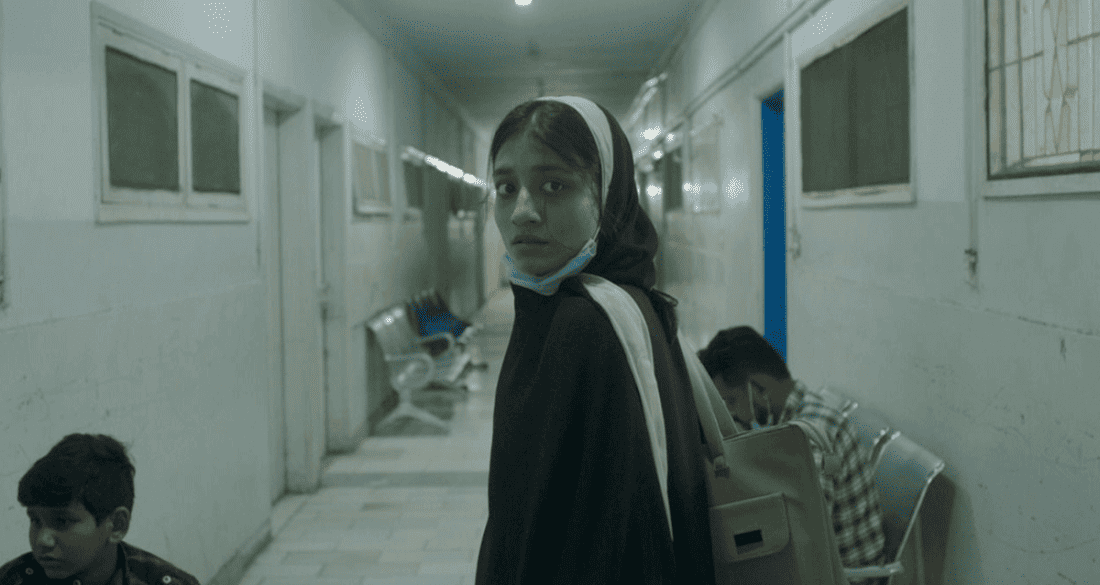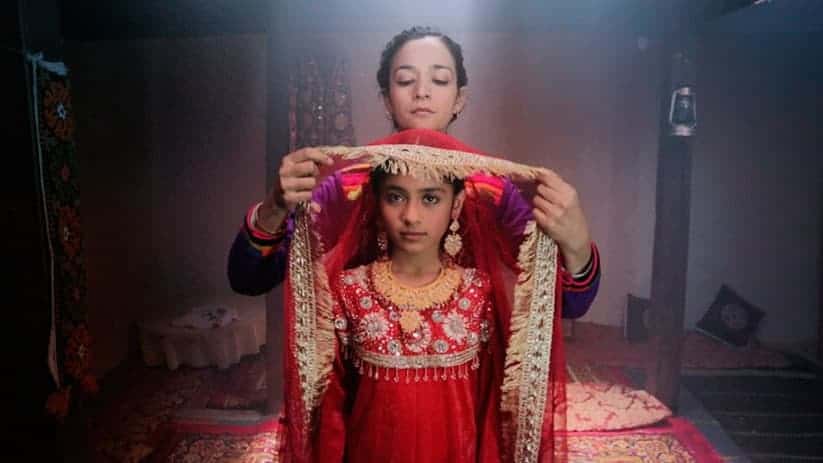Films about awkward, immature adults that seem to have no romantic future whatsoever can be found in abundance in Japanese cinema. Masahide Ichii, however, manages to distinguish his film by introducing a blind young woman as the second member of the narrative. Let us take things from the beginning though.
Blindly in Love is part of the 2019 Japan Foundation Touring Film Programme

35-year old Kentaro is an introverted young man, who, despite having a job in city hall for 13 years, still lives with his parents in his childhood room, spending all his free time playing video games. He has no friends, except from a pet frog, has never dated a woman, and in essence, does nothing that “regular” adults do. His parents, worried about his future (and the loss of the family name), attend a matchmaking event in the hopes of arranging an omiai (formal marriage interview). Eventually they find a beautiful girl, Naoko, and through some tricks involving video games, persuade their son to attend a meeting with her family.
During the meeting, though, they realize that the girl is blind, although her ailment does not seem to bother either them or Kentaro. On the other hand, Naoko's father, Akita a high-earning salaryman is adamant that Kotaro is not the right fit, due to his lack of ambition and his inexperience in life. Despite his denial though, and after a rather eventful meeting, Naoko's mother arranges for the two youngsters to meet, after her daughter's instigation. Slowly, and very carefully, the two pursue their romance, but fate seems to put a number of hurdles in front of them.
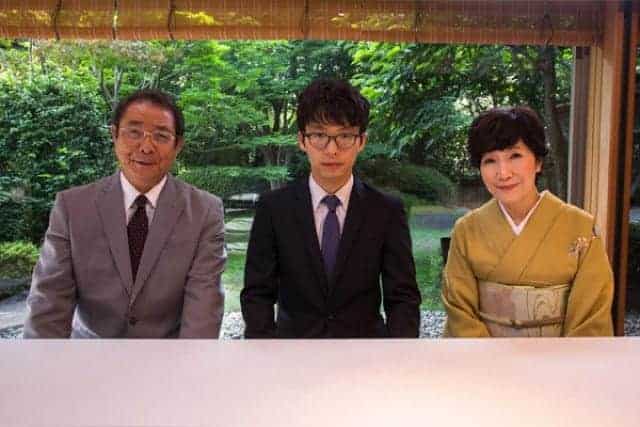
Ichii directs a very tender drama that highlights the concept of the unlikely love in the most delightful way, through a rather realistic approach, despite the fictitious nature of the main theme. Probably the strongest part of the narrative is character creation, with both the introvert young man who changes due to love, and the blind woman that seems to be completely unfazed by her ailment, providing much entertainment. Gen Hoshino as Kentaro and gorgeous Kaho as Naoko do a great job in their respective parts, with their chemistry actually caring the film. The former, in particular, is also quite convincing in the moments he lashes out.
The trait extends to the secondary characters, although in more episodic style, with Kentaro's mom and Akita Imai adding depth, and, respectively, comedy and drama to the narrative in very enjoyable fashion. Ryoko Moriyama and Ren Osugi are also quite good in their parts.

The social comment about the lack of social skills, ambition and the inability to mature and grow up of the younger generation is a central one, but Ichii goes about it in a happy-go-lucky way, through a number of comedic scenes, thus heightening the entertainment aspect of the film, without, though, stripping from the seriousness of his subject. Unfortunately, this sense of balance and measure is somewhat lost in the end, with the story becoming rather far-fetched and too quirky after a point (according to Mark Schilling, the initial scriptwriter objected to certain changes made by Ichii with the approval of the producers and, failing to get satisfaction, asked that his name be removed from the credits). This last aspect definitely faults the movie, but not to a point that ruins the overall feel it leaves, which is quite good.
“Blindly in Love” is a very entertaining film that could have been much better if not for the last part. Nevertheless, all fans of romantic comedies will definitely enjoy it, while the sequences with the video games and the nosy neighbor are bound to make you laugh.


